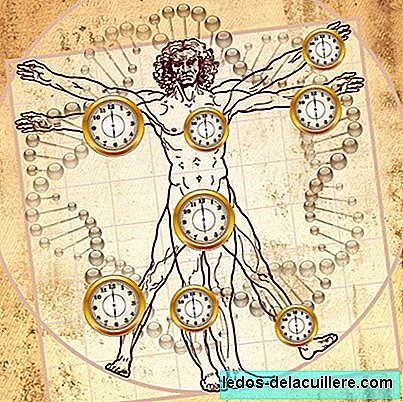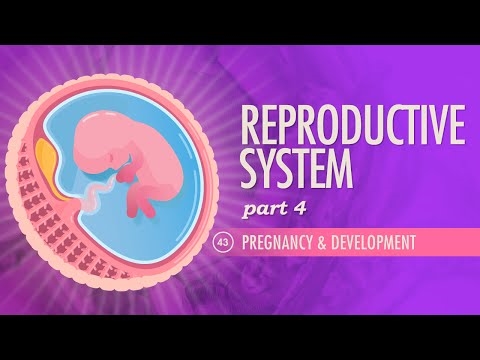
Scientists of the University of UCLA, California have discovered a biological clock in our genome that can shed light on the way we age and how we could slow down the process.
One of the most unexpected results of the study is that apparently breast tissue ages faster than other tissues in women, which could give a clue as to why breast cancer is the most common in them. The results have been published in the scientific journal Genome Biology.
"To fight aging, first of all there is an objective way to measure it. Locating the set of biomarkers that keep the time throughout the body has been a four-year challenge," said Steve Horvath, Professor of Human Genetics at School of UCLA Medicine and Biostatistics at the Fielding School of Public Health of UCLA.
The Horvath Biological Clock
Till the date the biological clocks had been associated with hormones, saliva and telomeres, but this new study has been based on what until now was an undiscovered mechanism, a biological process called methylation, which is a process of chemical alteration of DNA and is critical in the development of all living beings.
For it Horvath and his team They collected information from more than 8,000 samples of 51 types of tissue and cells throughout the body, traced how age affects DNA methylation levels from pre-birth at age 101. They also analyzed 6,000 cancer samples from 32 databases that showed that the 20 cancers considered 'type' show a "significant" acceleration with age, being the average in the 36 years.
To identify the clock, it focused on 353 markers that change with age and are present throughout the body. Horvath tested the effectiveness of the clock by comparing the biological age of a tissue at its chronological age.
Conclusions of the study
According to Horvath, this biological clock goes faster the first 20 years of life, to subsequently slow down to acquire a constant rate of aging. But it also seems that cancerous tissue is, on average, 36 years older than healthy tissue So he observed in the 20 types of cancer he studied.
That is to say, not all tissues age at the same rateFor example, it seems that the heart is younger than chronological, about 12 years on average, unlike the breast tissue that is 3 years older.
"Female breast tissues, even healthy ones, appear older than others in the human body. This is interesting considering that breast cancer is the most common cancer in women. In addition, age is one of the risk factors of cancer, so this type of result could explain why breast cancer is so common, "Horvath added.
Stem cells
Horvath also analyzed the pluripotent stem cells, adult cells that have been reprogrammed to an embryonic stem cell state, allowing them to form any type of cell in the body and continue dividing indefinitely.
"My research shows that all stem cells are newborn.", he said, adding that the process of transforming a person's cells into pluripotent stem cells resets the cell clock to zero.
According to this study, it would be possible for the scientific community to delay this clock, even set it to zero, But what the team is not clear about is whether this new watch is responsible for aging or simply an indicator of this.
What we can deduce is that it is a great advance to know the mechanisms that control some cancers and thus be able to make a better prognosis of these.
Are we at the beginning of semi-immortality? At what age will our grandchildren arrive?












